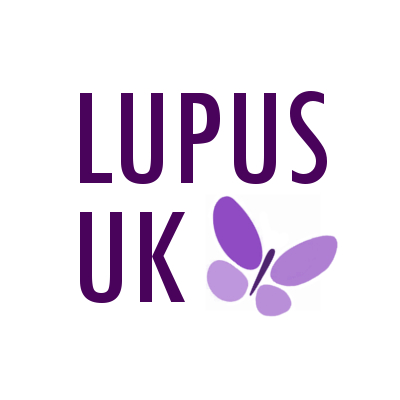Treatments
There is at present no cure for lupus but careful monitoring of the disease and a treatment programme with medication adjusted as appropriate enables the condition to be controlled, with most patients being able to live a normal life span. Doctors will usually only keep the patient on high impact medication for as short a period as possible.Non-steroidals, Aspirin etc
anti-inflammatory drugs (NSAIDS), used for patients who suffer mainly from joint/muscle pain. Aspirin, heparin or warfarin may be prescribed in the case of patients needing anticoagulation treatment. For more information go to:
Anti-Malarials
these are of help in patients with skin and joint involvement and of some assistance with fatigue. The drugs may be sufficient for patients with moderately active lupus to avoid using steroids. Hydroxychloroquine has anti-inflammatory properties, some sun-protective features and gives some protection against clotting – mepacrine is also used.
Steroids
such as prednisolone have been vital in the improvement in lupus care and in some cases are life saving. They have a profound effect on inflammation and suppress active disease. The dosage depends on the severity of the symptoms. Once the disease is under control the dosage might be reduced gradually and/or it might be possible for the patient to transfer to other medication. The side-effects of steroids are well-known and include possible weight gain, muscle weakness, and over time the possibility of osteoporosis. For more information go to:
Immunosuppressants
these drugs are widely used in more severe disease. The most commonly used are azathioprine, methotrexate and cyclophosphamide. Azathioprine is a milder drug and used for mild to moderate kidney disease, or where its difficult to reduce steroid dosage. Cyclophosphamide, usually given by pulse, is widely used for kidney disease and is very effective. Regular blood testing is required initially 2-3 weekly, subsequently 4-6 weekly whilst on such medication. For more information on these drugs go to:
Other drugs
Other drugs are less frequently used in lupus and include intravenous immunoglobulin (often used when the platelets are low) and cyclosporin A, the drug widely used in transplantation medicine to suppress rejection. For very severe skin disease in patients where pregnancy is not a consideration, thalidomide has proved an extremely powerful medication.
Non-lupus drugs
Various medications have helped improve the prognosis in lupus. These include a variety of improved blood pressure tablets and diuretics, anticoagulants (aspirin or warfarin) in those patients with a clotting tendency, anti-epileptic and anti-depressive medication. Skin creams include corticosteroids and newer, vastly improved sun-protection creams. There are now, in addition to standard calcium and vitamin D preparations, modern effective drugs for the prevention and treatment of osteoporosis.
